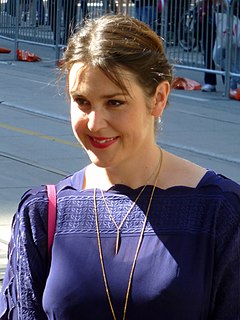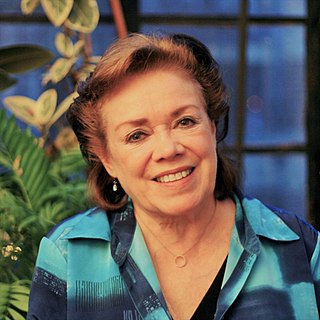A Quote by Simon Toyne
As a writer, I always try as hard as possible to get out of the way of the story, so maybe that's the most important thing my readers should know - I'm all about the story, not about the ego.
Related Quotes
I feel like any actor should always be thinking about how to serve the story. The thing to be cautious of is trying to make too much of your "moment," or whatever. The story is a lot bigger than you, and you're there to help it along. The thing to think about is whether what you're doing is true to the moment and where the story's going, rather than going, "Here are my scenes. What can I try and do to make the most of them?"
The story is the only thing that's important. Everything else will take care of itself. It's like what bowlers say. You hear writers talk about character or theme or mood or mode or tense or person. But bowlers say, if you make the spares, the strikes will take care of themselves. If you can tell a story, everything else becomes possible. But without story, nothing is possible, because nobody wants to hear about your sensitive characters if there's nothing happening in the story. And the same is true with mood. Story is the only thing that's important.
Learn a lot about the world and finish things, even if it is just a short story. Finish it before you start something else. Finish it before you start rewriting it. That's really important.
It's to find out if you're going to be a writer or not, because that's one of the most important lessons.
Most, maybe 90% of people, will start writing and never finish what they started. If you want to be a writer that's the hardest and most important lesson: Finish it. Then go back to fix it.
The thing I always guard against when I'm talking to people I'm working with about a script is that there's a thing I don't like and it's called "talk story." It's when you're talking about the story; the characters are tasked with talking about the story instead of allowing the audience to experience the story.
Definitely, there's a lot of trouble you come up against when you're acting and directing, about your performance. Sometimes it's hard to be objective about it. I will tend to get two takes and walk away. I don't belabor it, and it's important to me to have someone who says, "You know what? You should get another one, and maybe you should try it like that".





































